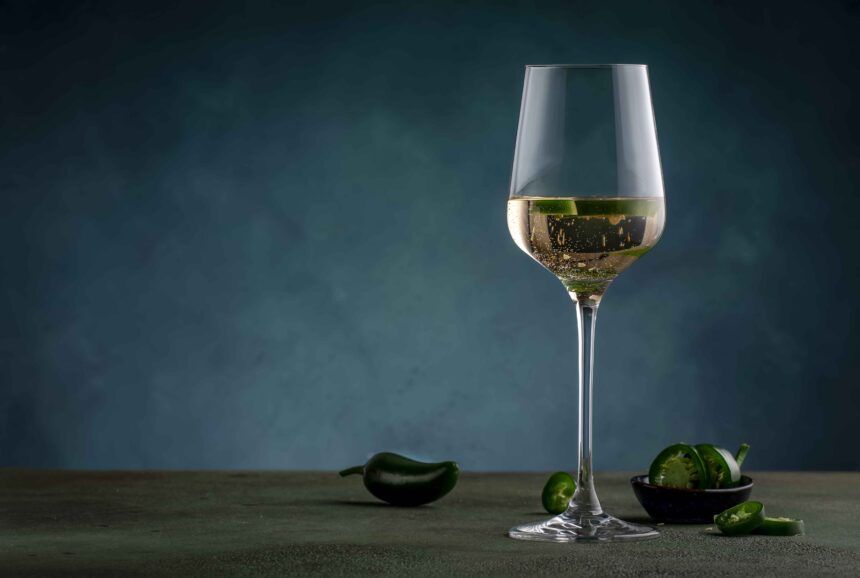The topic of wine in the Bible is a nuanced subject that often generates debate among scholars, theologians, and laypeople alike. The argument hinges on the distinction between fermented and unfermented wine, especially considering the absence of modern preservation methods in biblical times. This blog delves into the historical and scriptural analysis of wine.
Biblical References to Wine
The Bible contains references that present wine in both positive and negative lights. Psalms 104:15 celebrates wine for its joy-bringing properties, while Timothy is advised in 1 Timothy 5:23 to use “a little wine” for health reasons. Conversely, Proverbs 20:1 and 23:29-32 warn about the dangers of overindulgence in wine, highlighting its capacity to lead to mockery, rage, and unwise behavior.
Let us seek the oldest and highest authority. What does the Bible say of wine?
Ps. 104: 15: “Wine that maketh glad the heart of man.”
Isa. 25: 6: “A feast . . . of wines on the lees well refined.”
Isa. 55: 1: “Buy wine and milk.”
1 Tim. 5: 23: “Drink no longer water, but use a little wine for thy stomach’s sake.”
Now, Timothy was a bishop. Paul wrote to him in his first letter: “A bishop must be . . sober, . . . not given to wine.”
In many places wine is spoken of as a good thing and to be desired.
The Bible presents another view of wine which we must consider.
Prov. 20: 1: “Wine is a mocker, strong drink is raging: and whosoever is deceived thereby is not wise.”
Prov. 23: 29-32: “Who bath woe? who bath sorrow? who hath conten- tions? who bath babbling? who bath wounds without cause? who bath red- ness of eyes?”
Here are six questions: mark the answer:
“They that tarry long at the wine; they that go to seek mixed wine.” Admonition.—”Look not thou upon the wine when it is red, when it giveth his colour in the cup, when it moveth itself aright. At the last it biteth like a serpent, and stingeth like an adder.”
Prov. 23:20, 21: “Be not among winebibbers; among riotous eaters of flesh: for the drunkard and the glutton shall come to poverty: and drowsiness shall clothe a man with rags.”
Isa. 5:11: “Woe unto them that rise up early in the morning, that they may follow strong drink; that continue until night, till wine inflame them.”
Isa. 28:1, 7: “Woe to . . . the drunk- ards.” “They have erred through wine, and through strong drink are out of the way; the priest and the prophet have erred through strong drink.”
Hab. 2: 5: “He transgresseth by wine.”
It cannot be possible that this is the same as the wine that maketh glad the heart of man.
The Duality of Wine: Fermented vs. Unfermented
Historical and scriptural studies reveal the existence of two types of wine: fermented and unfermented. The latter, often referred to as grape juice or grape syrup, was more esteemed and known as “nectar” or “ambrosia,” indicating its non-intoxicating nature. This distinction is further supported by the original languages of the Bible, which used different words to describe these beverages, though translations often blur these distinctions.
Preservation of Unfermented Wine
Ancient methods for preserving unfermented wine included boiling, filtering, settling, and fumigating, allowing for the maintenance of grape juice’s sweet, non-intoxicating state. This contradicts the notion that only fermented wine was available outside the grape harvest season.
Jesus and Wine
Significant attention is paid to Jesus’ interaction with wine, particularly at the wedding at Cana and during the Last Supper. Arguments based on cultural and historical context suggest that Jesus would have used unfermented wine, aligning with Jewish practices that forbade fermented beverages during sacred feasts.
Health, Morality, and Wine
Noting the adverse effects of alcohol as documented by historical figures and modern science alike. The detrimental impact of alcohol on society, health, and morality is contrasted with the life-giving properties of unfermented wine.
Reconciling Scripture and Practice
The discussion extends to Paul’s advice to Timothy, suggesting that unfermented wine, rich in nutrients, would have been preferable for health reasons. This aligns with the overarching biblical narrative that cautions against intoxication and advocates for sobriety and wellness.
Conclusion
The examination of biblical wines underscores a complex topic that balances cultural, historical, and scriptural insights. The evidence suggests a clear preference within the Bible for unfermented wine, aligning with principles of health, morality, and divine law. As such, the biblical narrative on wine is not just a historical curiosity but a reflection on the broader themes of wisdom, moderation, and the pursuit of a holy life.


Leave a Reply